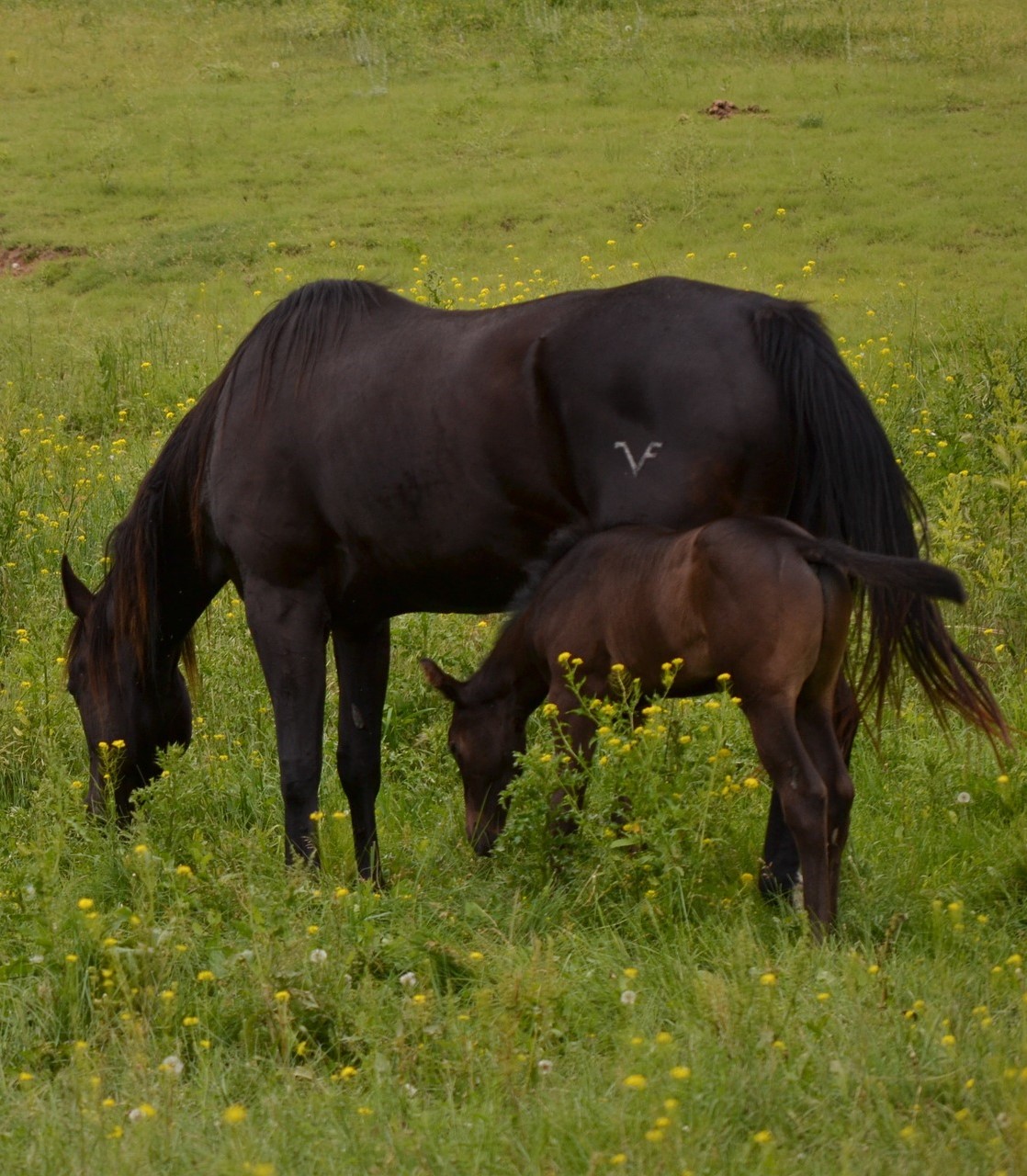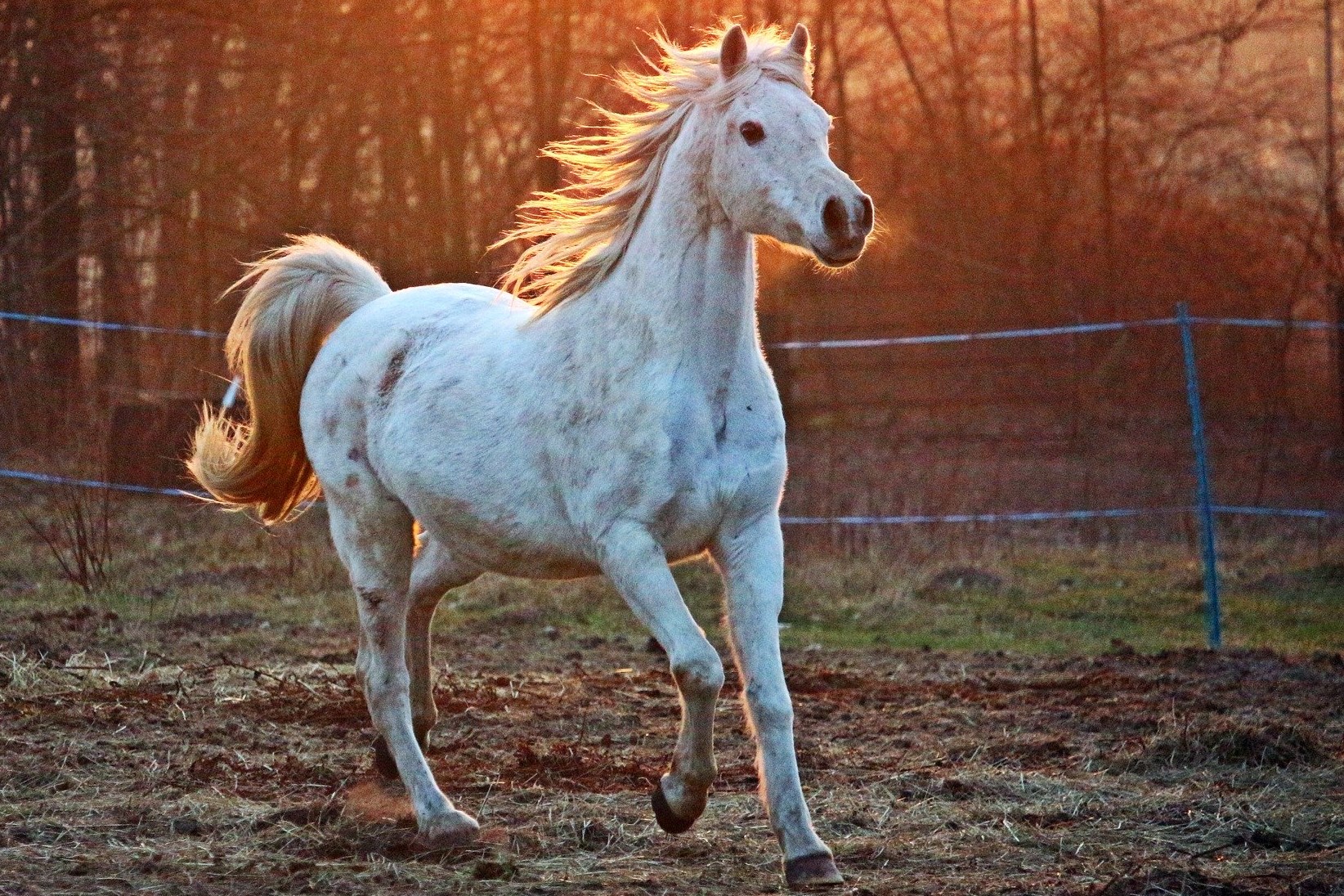 Microchips: an easy, indisputable way to definitively identify a horse. In situations such as evacuations due to natural disasters or horse theft, it’s easy to see how microchip identification is invaluable. Other forms of identification are more subjective than a...
Microchips: an easy, indisputable way to definitively identify a horse. In situations such as evacuations due to natural disasters or horse theft, it’s easy to see how microchip identification is invaluable. Other forms of identification are more subjective than a...
 While the current wildfires are at some distance from us, we have not been spared from widespread smoke and poor air quality over the last few weeks. Just as poor air quality can be an irritant for us, it can also affect your horse. Unhealthy air contains irritants...
While the current wildfires are at some distance from us, we have not been spared from widespread smoke and poor air quality over the last few weeks. Just as poor air quality can be an irritant for us, it can also affect your horse. Unhealthy air contains irritants...
 Most horse people are familiar with the dreaded “s- word”: strangles. But if there is a strangles vaccine available, why isn’t vaccination essential for all horses, like the rabies vaccine? What is strangles? Equine strangles is caused by infection with the bacteria...
Most horse people are familiar with the dreaded “s- word”: strangles. But if there is a strangles vaccine available, why isn’t vaccination essential for all horses, like the rabies vaccine? What is strangles? Equine strangles is caused by infection with the bacteria...
 With the variety of different feed and supplement choices available, it can be overwhelming to make decisions regarding your horse’s diet. It is important to remember that horses are grazing animals, designed to spend much of their day eating forage. Forage (grass...
With the variety of different feed and supplement choices available, it can be overwhelming to make decisions regarding your horse’s diet. It is important to remember that horses are grazing animals, designed to spend much of their day eating forage. Forage (grass...
 Most of us who care for geldings have encountered this situation before – you walk in to greet your horse and notice his sheath is larger than usual, although he seems to be behaving normally. Is this an emergency? The answer- not usually. What is the Sheath?...
Most of us who care for geldings have encountered this situation before – you walk in to greet your horse and notice his sheath is larger than usual, although he seems to be behaving normally. Is this an emergency? The answer- not usually. What is the Sheath?...








